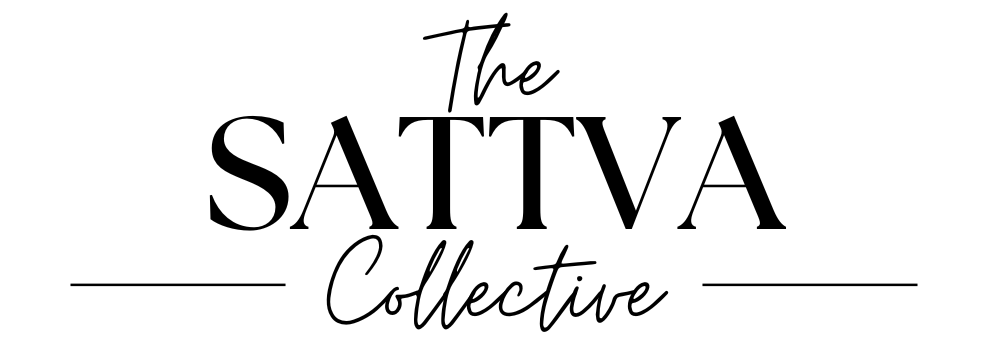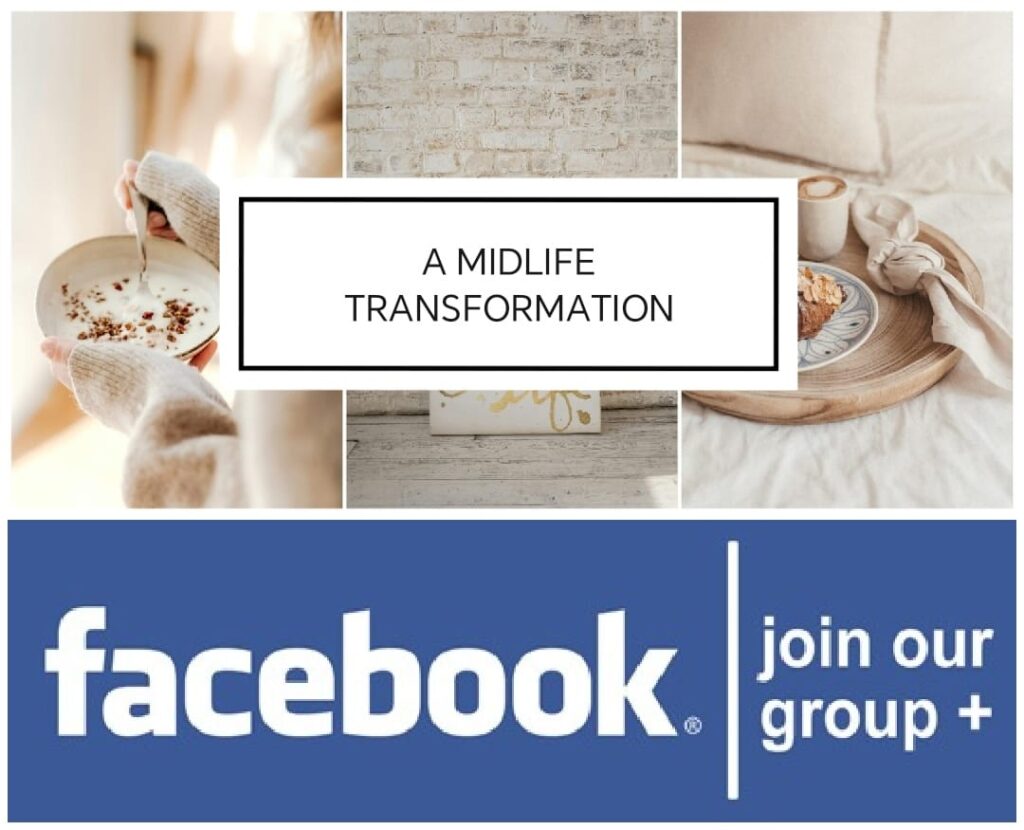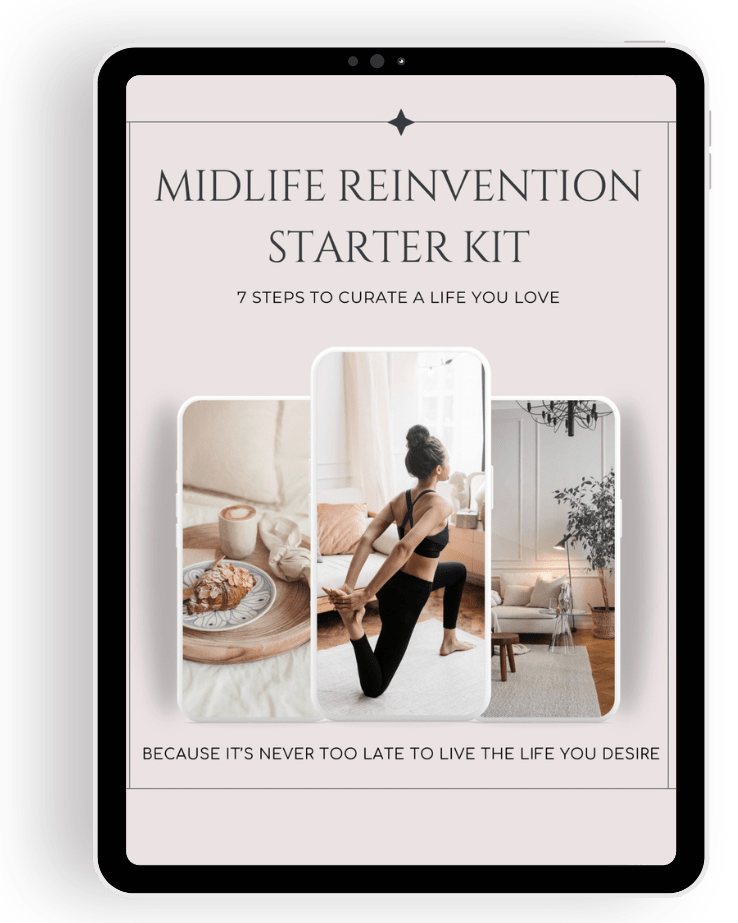Our mind plays a very powerful role in what we believe and how we think. What we think about ourselves and our abilities decides how we act and lead our life.
What you believe is what you achieve. Conscious or unconscious, how you choose to interpret your experiences can set the boundaries on what you can accomplish.
There’s power in believing that you can improve and accomplish what you set out to achieve by looking at failures and setbacks as a medium for growth. It’s being resilient in the face of challenging circumstances with unintended consequences.
So, how do we shift from being limited by our abilities and intelligence to finding freedom in building them? How do we commit to a path of learning and growth?
Before we can enable this switch, it’s important to understand the concept of 2 types of mindsets developed by Carol Dweck, a researcher at Stanford University – Fixed mindset vs Growth mindset.

What is a Growth Mindset?
A growth mindset is “the understanding that abilities and understanding can be developed”. Those with a growth mindset believe that they can get smarter, more intelligent, and more talented through putting in time and effort.
A growth mindset is a freedom.
What is a Fixed Mindset?
On the flip side, a fixed mindset is one that assumes abilities and understanding are relatively fixed. Those with a fixed mindset may not believe that intelligence can be enhanced, or that you either “have it or you don’t” when it comes to abilities and talents.
A fixed mindset is limiting.

What is the main difference between a Growth Mindset and a Fixed Mindset?
The main difference between the two mindsets is the belief in the permanence of intelligence and ability; one views it as very permanent, with little to no room for change in either direction, while the other views it as more changeable, with opportunities for improvement.

Ways to develop a Growth Mindset
- View challenges as opportunities – Taking on challenges is a big part of developing as a person. The more we challenge ourselves, the more opportunities we have to learn about ourselves. Embarking on a new challenge may be frightening due to the risk of failure. This may result in avoiding various challenges and continuing down the usual path, holding onto excuses that we tell ourselves so we can remain in our comfort zones.
-
Know your learning style and use the right learning strategies – If you are able to identify the best ways that you learn, you can optimise your time while researching, attending classes, taking a course or reading a book.
-
Remember that the brain has the ability to change throughout life – Your brain forms new connections throughout life that allow it to make adjustments when you are faced with new situations or a new environment.
-
Focus on the process instead of the end result – It is important to enjoy the learning process so you are able to get the most out of it and be open to the process continuing beyond the expected time frame.
-
Cultivate a sense of purpose – Ask yourself on a regular basis what the purpose is of the work that you are doing. Are you doing it because you enjoy it, or is it part of a bigger goal? Always work with a purpose so you have the motivation to keep working.
-
Reflect on your learning every day – Make sure to absorb everything you learn throughout the day, whether this means writing down the main points at the end of the day or doing a little bit more research on a topic that held your interest the most day.
-
Never stop learning – Set a new goal for every one you accomplished – You will never be completely finished learning – Become a Lifelong Student.


Feel free to sign up to my Friday Morning Love Note HERE! This isn’t just a newsletter - it’s your invitation to pause, reflect, and realign with you. Every week, we’ll journey together to uncover the small, meaningful shifts that will help you design a life that feels uniquely and beautifully yours. Each week, I’ll deliver fresh intentions, uplifting tips, and simple shifts to inspire purposeful, creative living.





[…] RELATED: Growth Mindset vs Fixed Mindset […]